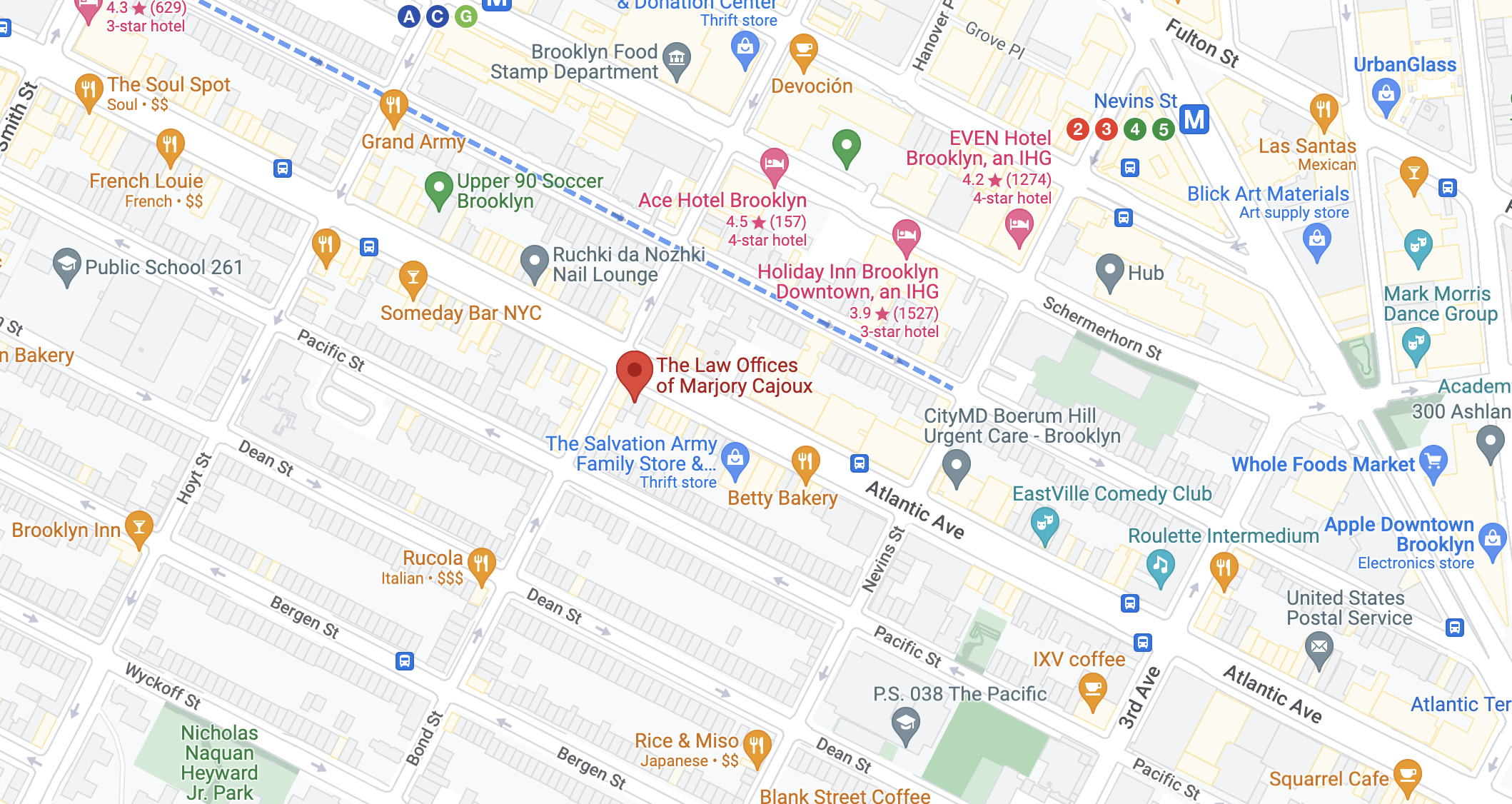Probate in New York can be expensive, confusing, and time-consuming, but a New York probate attorney can prepare an estate plan that limits the portion of your estate that is subject to probate–or she can prepare a plan for you that avoids the probate process entirely.
When someone dies in New York, a probate proceeding may be required. Probate settles and closes the decedent’s estate. The process identifies and organizes the estate’s assets, pays its debts and taxes, and transfers the assets that remain to the decedent’s beneficiaries.
For over twenty-five years, a New York probate attorney has provided her clients with personalized, effective estate planning and probate advice and recommendations. She will explain all of your probate options.
Will Your Home Be Subject to Probate?
Probate may involve a number of steps before a decedent’s assets may be distributed to his or her beneficiaries, but there are steps you can take right now to ensure that your home or your other properties are transferred without probate interference to those who will inherit from you.
In the State of New York, the law provides that only certain assets are probate assets. Generally speaking, any asset that was owned by the decedent alone–and that does not transfer directly to a beneficiary on the basis of a beneficiary designation–is a probate asset.
Should You Set Up a Living Trust?
One way to avoid the probate process is by transferring your home–and your other properties and assets, if you choose–into a living trust. When you do that, the trust is the legal owner of the home, and while you’re alive, you are the trustee of the trust.
You will need to prepare and sign a new deed to transfer ownership of your home to your living trust. An attorney will guide you through each step of the process to ensure that no mistakes are made and that your best long-term interests are served and protected.
Upon your death, someone you have designated to serve as your trustee–and not a New York State probate court–becomes legally authorized to manage the trust’s assets, pay its outstanding debts and taxes, and distribute any remaining assets and properties to your beneficiaries.
What Is a Right of Survivorship?
The law in New York State also allows some assets to transfer directly to a beneficiary or joint owner. If the deed to your home is held by you and another person or persons and expressly states a “right of survivorship,” the home passes automatically to the surviving owner(s).
New York law allows homes and other real property to pass without probate if the property was jointly owned and each “tenant” owned an equal share. However, if the owners of the property pass away and they did not add an additional owner on the deed, the property will be probated.
When Should You Contact a Probate Attorney ?
A dedicated probate and estate planning lawyer advises New York City-area clients regarding estate planning and estate administration, prepares wills and trusts, and represents and advises families who are going through the probate process.
Today is not too soon to begin planning for the future. To discuss your options for keeping your home out of probate or to prepare a living will, contact a probate attorney–today if possible–at 718-237-0411 to schedule your first planning consultation.






